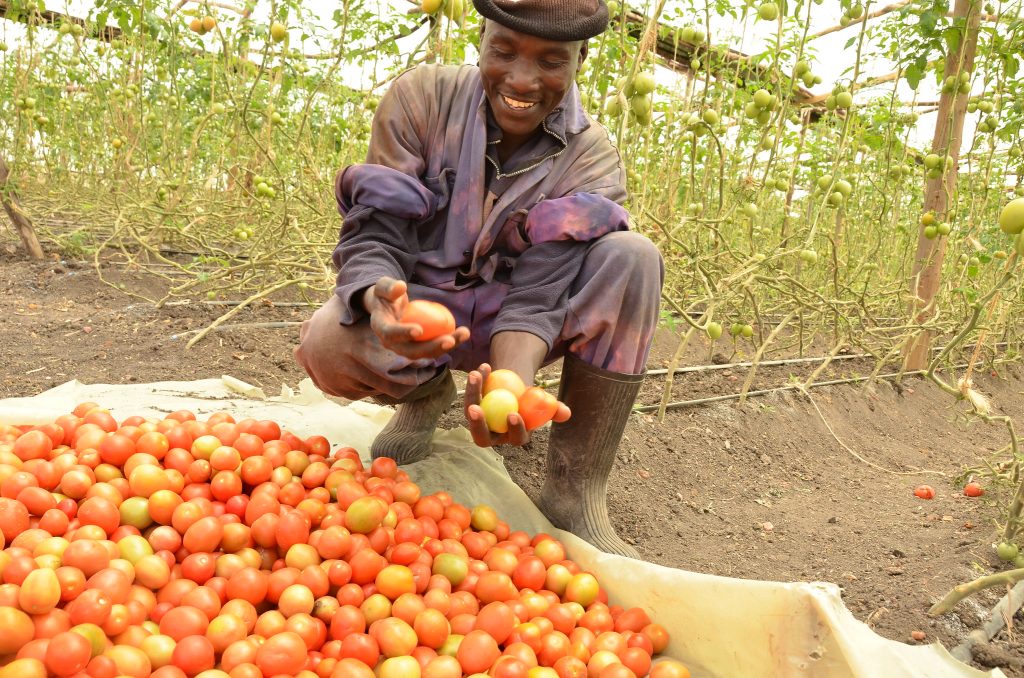Small Scale farmers in Kenya are facing financial starvation inhibiting the growth of the agriculture sector.
Speaking on Wednesday during a session at the Africa Green Revolution Forum (AGRF), AFEX Chief Executive Ayodeji Balogun said the agricultural sector is the least funded sector in Kenya despite it being the largest employer with more than 40 percent of the population.
He said less than 5 percent of Kenyan small-scale farmers get access to formal borrowing.
“Possible reasons for the minimal allocation of credit to the sector in Kenya may range from the high-risk nature of the sector, information asymmetry in determining the creditworthiness of the Agri-sme, and the non-suitability of conventional financing instruments,” he added.
He noted that the lack of financing has led to the country experiencing chronic food shortages due to low productivity in most of the value chains.
This is however not a Kenyan problem only, but an African problem.
“In Nigeria, domestic credit to the agriculture sector in the country was about 5.2 percent of the total credit in 2020,” he explained during the session themed “Rural and Markets Development”.

Balogun said the factors hampering the rural and market potential in Africa is a mix between financing and infrastructural deficits.
“The infrastructural deficits majorly speak to the availability of adequate and affordable storage for farmers among others,” he said.
AFEX operates over 80 warehouses in some of Africa’s grain-producing regions, accounting for over 100,000 metric tonnes of total storage capacity in the continent.
Since 2014, the Exchange has connected over 160,000 farmers and traded 200,000 metric tonnes of commodities worth USD47.6 million (NGN17.1 billion).
“We are implementing this model throughout Africa to facilitate over USD500 million in trade with Africa over the next five years with Kenya in view,” he explained.
AFEX is obsessed with food security, inclusive agriculture, and the tools necessary to make it happen, whether technology, finance, or human capital, required to accomplish this.


